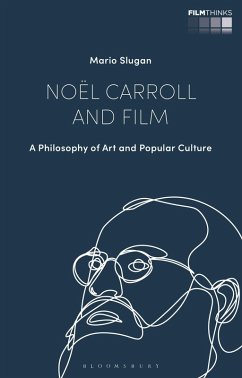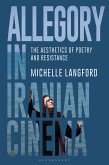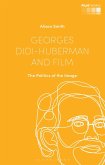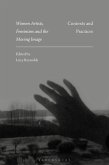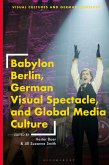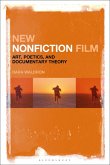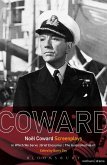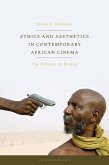Noël Carroll is one of the most prolific, widely-cited and distinguished philosophers of art, but how, specifically, has cinema impacted his thought? This book, one of the first in the acclaimed 'Film Thinks' series, argues that Carroll's background in both cinema and philosophy has been crucial to his overall theory of aesthetics. Often a controversial figure within film studies, as someone who has assertively contested the psychoanalytic, semiotic and Marxist cornerstones of the field, his allegiance to alternative philosophical traditions has similarly polarised his readership.
Mario Slugan proposes that Carroll's defence of the notions of truth and objectivity provides a welcome antidote to 'anything goes' attitudes and postmodern scepticism towards art and popular culture, including film. Carroll's thinking has loosened the grip of continental philosophers on cinema studies - from Maurice Merleau-Ponty to Gilles Deleuze and Jacques Lacan - by turning to cognitive and analytical approaches. Slugan goes further to reveal that Carroll's methods of evaluation and interpretation in fact, usefully bridge gaps between these `opposing' sides, to look at artworks anew. Throughout, Slugan revisits and enriches Carroll's definitions of popular art, mass art, horror, humour and other topics and concludes by tracing their origins to this important thinker's relationship with the medium of cinema.
Mario Slugan proposes that Carroll's defence of the notions of truth and objectivity provides a welcome antidote to 'anything goes' attitudes and postmodern scepticism towards art and popular culture, including film. Carroll's thinking has loosened the grip of continental philosophers on cinema studies - from Maurice Merleau-Ponty to Gilles Deleuze and Jacques Lacan - by turning to cognitive and analytical approaches. Slugan goes further to reveal that Carroll's methods of evaluation and interpretation in fact, usefully bridge gaps between these `opposing' sides, to look at artworks anew. Throughout, Slugan revisits and enriches Carroll's definitions of popular art, mass art, horror, humour and other topics and concludes by tracing their origins to this important thinker's relationship with the medium of cinema.

